Energy is the pivot on which economic growth turns. Or so it is said. There are economists who have added it to the classic factors of production: Land, labour, capital/technology, and now energy. It is in any case certain that if Indian is to achieve the ambitious targets for economic growth that have been set for the coming years, we need adequate supplies of energy. The great part of this will have to be commercial energy. Most of our people do not have access to commercial energy: they are dependent on traditional biomass and waste. As the economy grows they will turn to commercial sources, sending the demand up faster. And the biggest demand will be for hydrocarbons, specially natural gas, the energy of the future: clean, cheap and fungible. We do not have nearly enough reserves of gas for the enormous demands that rapid economic growth will generate; most of it will have to be imported. This can best be done by pipeline. And that means agreements: with our immediate neighbours to the West and the East; with the Gulf and with Central Asian countries; with Southeast Asian sources like Myanmar; bilateral, trilateral, multilateral agreements. Some understandings have been reached; others are being negotiated. Getting there requires the utmost diplomatic navigation skill’s for these are storm tossed waterswith shoals lying in wait. In Central Asia the USA and Russia, joined now by China, are said to play a new version of the Great Game, with hydrocarbons the big prize. Can India make its own rules? In the Gulf, which will remain a major source of hydrocarbon supplies, the big players have been there long before India; but political understanding can go a long way. Should we deftly bypass, ignore, or play along with the hegemon? Myanmar is an important source of energy, but the Government there is being squeezed; perhaps that will make it more difficult to get supplies from there. In China we seem to have a rival, but there is a real possibility of our becoming partners. Can we move ahead on the basis that in some areas we will be rivals and in others, partners? There are other questions. Can Pakistan be trusted, and if so, how far? Will Bangladesh, sitting apparently on vast supplies of natural gas, finally decide to work with India to exploit them? This volume is an attempt to describe and analyse the situation we face now, the difficulties we need to overcome, and how best to ensure the security of our energy supplies in the coming decades. Minister for Petroleum and Natural Gas and Panchayati Raj Mani Shankar Aiyar, Director General of the Confederation of Indian Industry N. Srinivasan, academics, experts from think tanks and others present a picture that will go far in answering questions about the kind of diplomacy needed, what has been done so far and what needs to be done in the future to ensure energy security.
Energy and Diplomacy
In stock
Free & Quick Delivery Worldwide
reviews
Bibliographic information
Title
Energy and Diplomacy
Author
Edition
1st ed.
Publisher
ISBN
8122007082
Length
vii+260p., Tables; Figures; Appendix; Index; 22cm.
Subjects

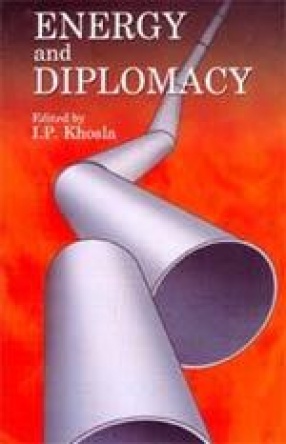
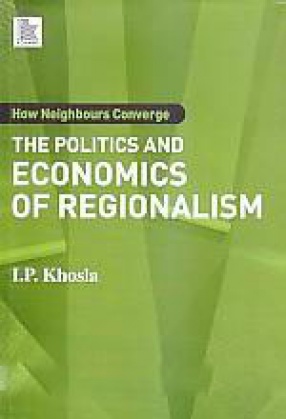
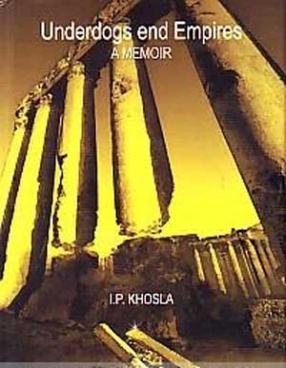
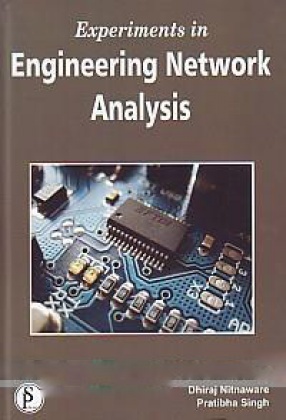
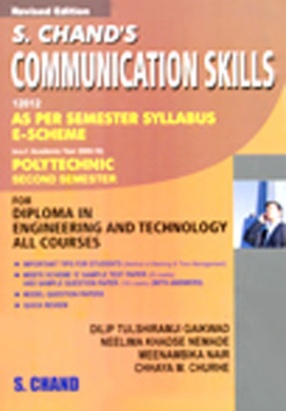
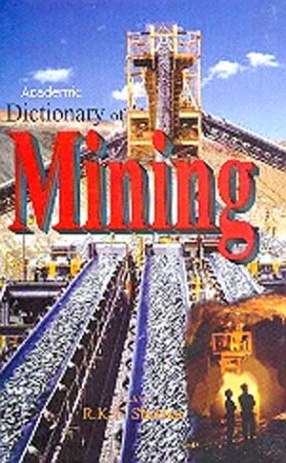
There are no reviews yet.